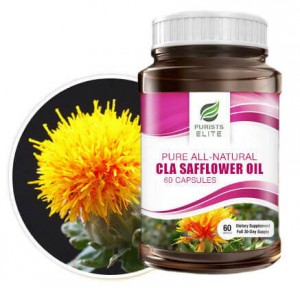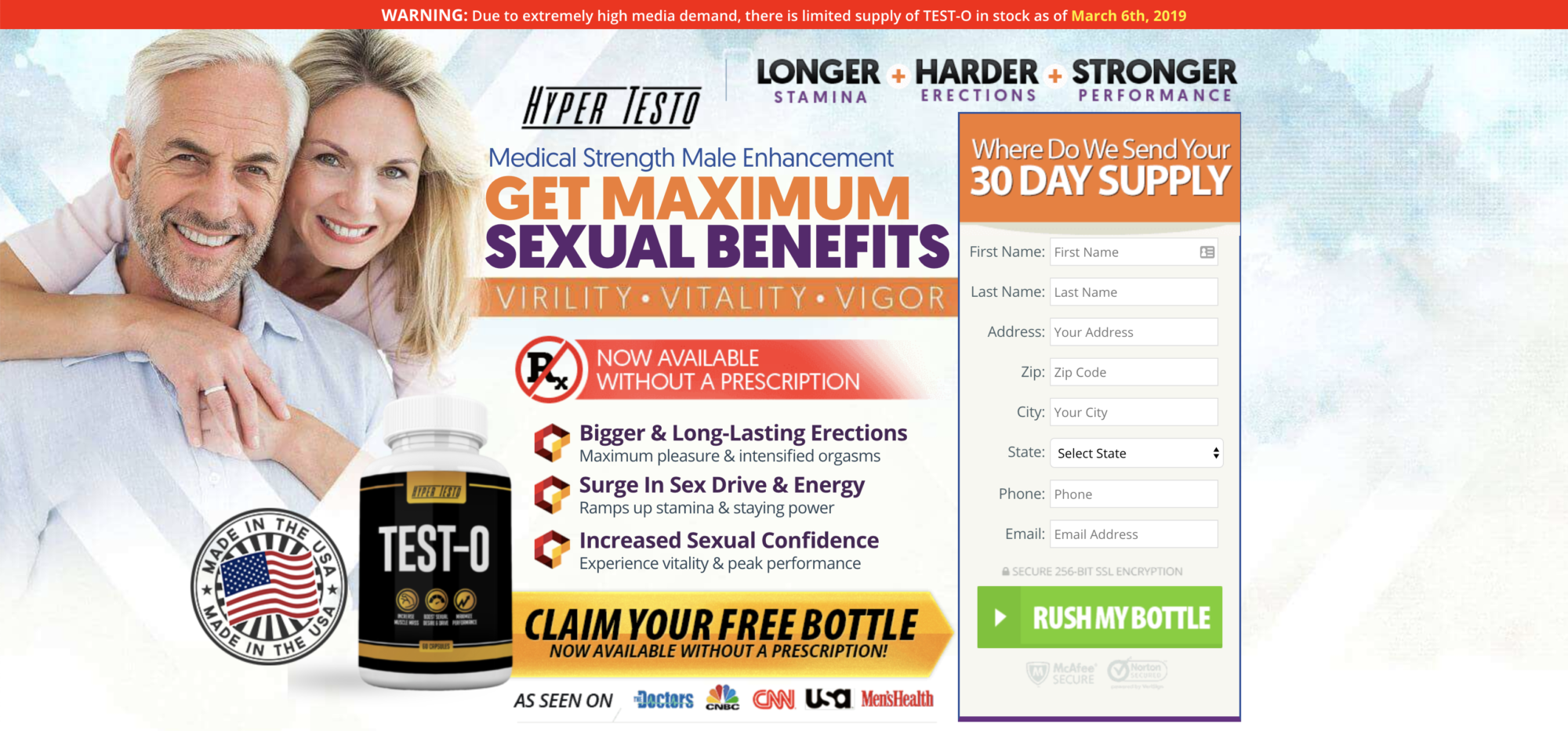
Pure Herbal Total Defense Immunity Blend
Latest coronavirus scam to land on TINA.org’s radar comes packaged as a fake Fox News article.
Rachael Ray may be a lot of things but “investigative reporter” isn’t one of them (At least not according to her Wikipedia page as of this writing). So when you see the celebrity cook’s photo and byline attached to an online article that claims to give an unbiased account on the latest weight-loss solution, chances are it’s a fake.

Case in point: This fake news article that uses Rachael’s image, first name and phony weight-loss story, among other things, to convince people into signing up for a purported free bottle of a supplement called CLA Safflower, a supposed fat burner that requires “no special diet” and “no intense exercise.” After receiving an inquiry from a reader, TINA.org dug deeper into the fake article and site selling the supplement. Here’s what our review found:
For those of you keeping score at home, CLA stands for Conjugated Linoleic Acid. But even if it stood for Charlie Loves Apples, we’d tell you the same thing: Be wary of products touting miracle weight-loss claims, especially when they’re sold online.
Find more of our coverage on phony celebrity endorsements here.
Our Ad Alerts are not just about false and deceptive marketing issues, but may also be about ads that, although not necessarily deceptive, should be viewed with caution. Ad Alerts can also be about single issues and may not include a comprehensive list of all marketing issues relating to the brand discussed.
Latest coronavirus scam to land on TINA.org’s radar comes packaged as a fake Fox News article.
Webpage promoting ED pill is the quintessential example of fake news.
TINA.org gives this ED pill a failing grade.

